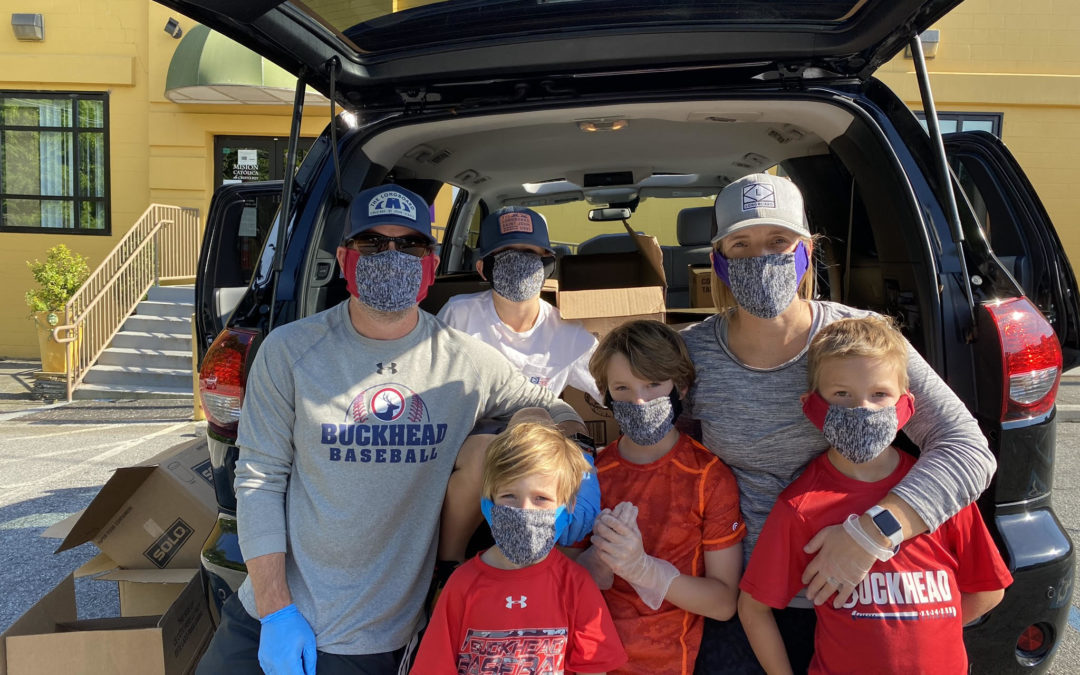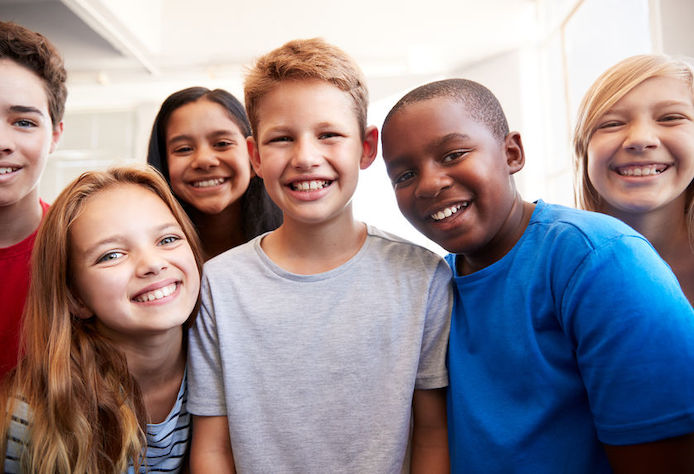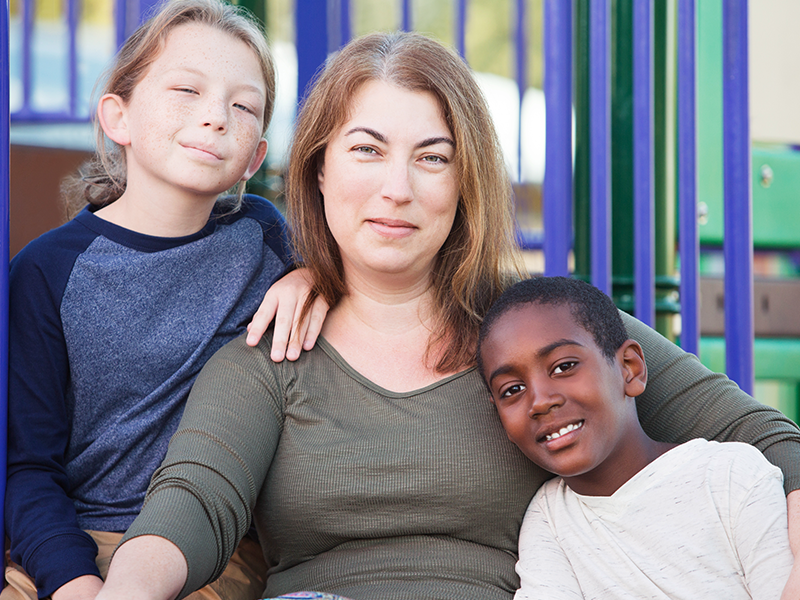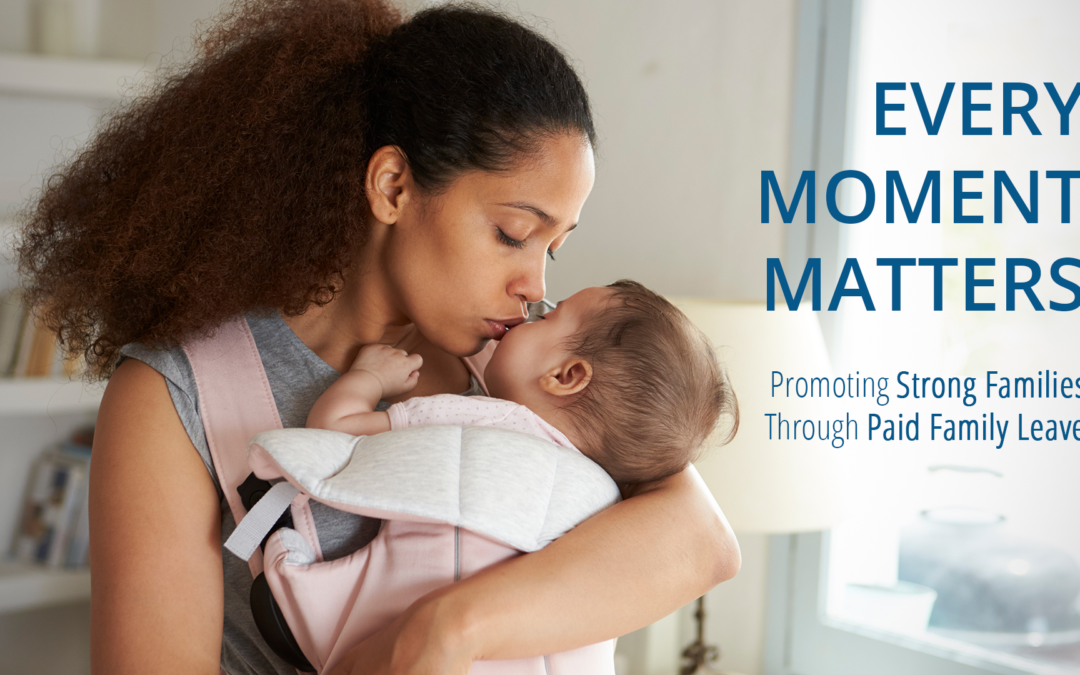
How Local Businesses are Helping Workers and Feeding the Hungry During the Pandemic
Restaurant workers and the impoverished are two categories of people particularly hard hit by the coronavirus pandemic and its economic devastation. An estimated 8 million restaurant workers have been out of work nationally, while 39 percent of households earning $40,000 or less per year have lost work. Specific data for Georgia are now available yet, but we imagine they will be similar.
Creating jobs while feeding the hungry
But in the Atlanta area, local business and community leaders are coming together to help both populations in an inventive way. We’d like to introduce you to the Compassion Kitchen Project. Put together by the Cathedral of Christ the King in Atlanta and the Knights of Columbus, the initiative provides much-needed work for displaced restaurant workers while stemming the tide of rising food insecurity in the metro area.
Here is how it works: Donations to the project are passed along to local restaurants, who then in turn make meals for local nonprofits and homeless shelters to feed the hungry. Some of the allied nonprofits include CHRIS180, Nicholas House, Catholic Charities Atlanta, and Together We Rise.
The Compassion Kitchen Project also delivers food bags—called “compassion to-go” bags filled with items like protein cars, chips, canned meats, and bottled water—for people living in transient housing or out of their cars.
‘A good mixed with a good’
Gene Rice, a local commercial real estate developer, has been a key part of the project. He shared with us that many of his business clients are restaurants and brew pubs. The idea with the Compassion Kitchen Project was to get a double bang for the buck—help restaurant workers on furlough while feeding the hungry.
“It’s a good mixed with a good,” Gene shares. “It’s helping a business getting kicked in the teeth right now, getting hourly workers back in the kitchen, and helping folks who are hungry.”
Within a week of getting up and running, the initiative had already served 1,200 meals and raised $30,000. To date, a total of 17,232 have been served.
Civil society in action
This is an example of why civil society is key as we recover from the COVID-19 pandemic and its economic devastation. When businesses, nonprofits, churches, and other community institutions partner together for good, we see amazing results. Learn more about our Hiring Well, Doing Good initiative here.






 The visits come as Gov. Brian Kemp and lawmakers in the Georgia General Assembly
The visits come as Gov. Brian Kemp and lawmakers in the Georgia General Assembly 